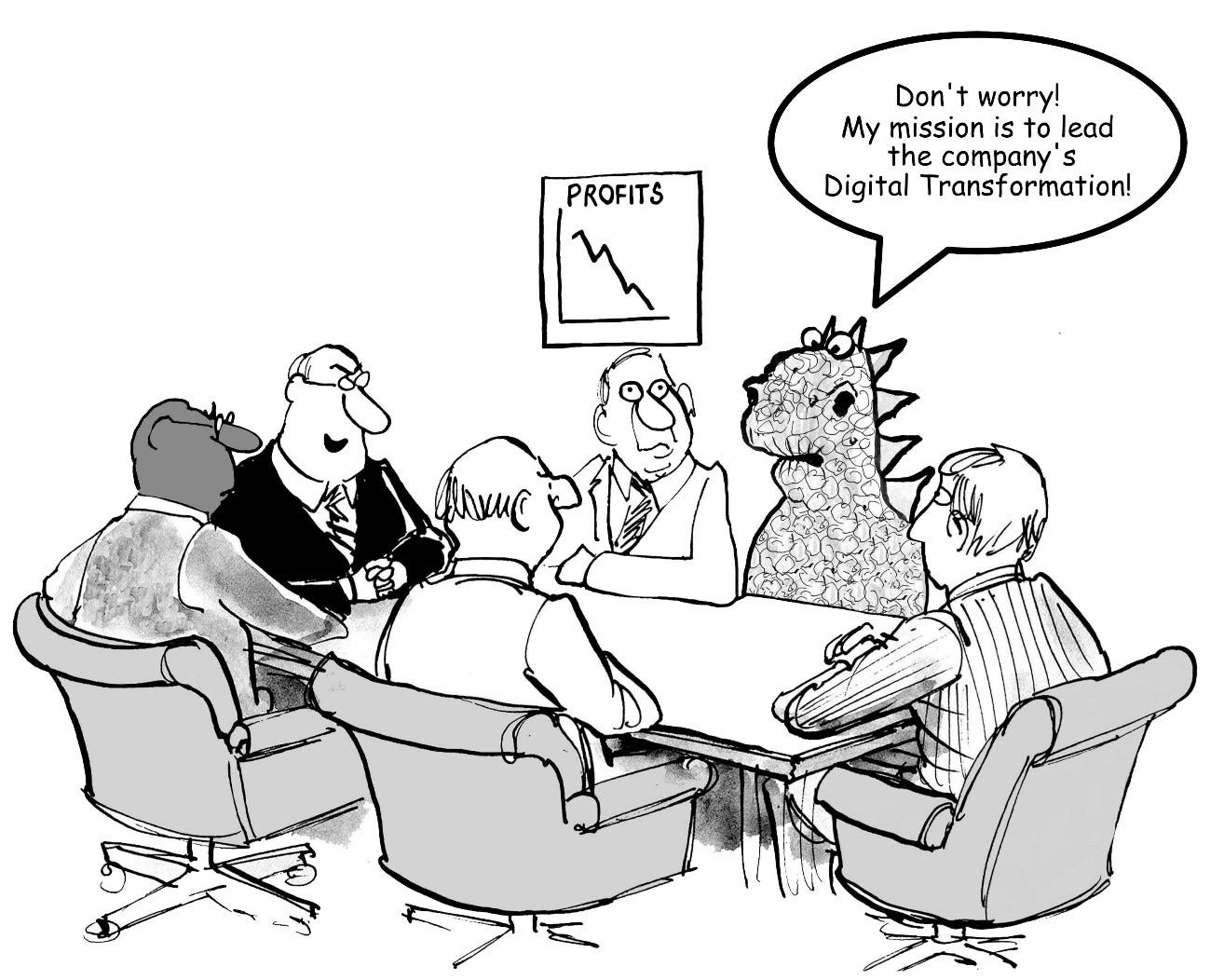“It was the best of times, it was the worst of times, it was the age of wisdom, it was the age of foolishness, it was the epoch of belief, it was the epoch of incredulity, it was the season of Light, it was the season of Darkness, it was the spring of hope, it was the winter of despair, we had everything before us, we had nothing before us, we were all going direct to Heaven, we were all going direct the other way— in short, the period was so far like the present period…” These famous lines from Charles Dickens’s “A Tale of Two Cities” could describe our own time: A time dominated not just by rapid technological advancement, but specifically by the seismic shifts brought about by the spread of Artificial Intelligence (AI). These AI-driven transformations are reshaping every facet of our lives, including the very core of business practices and strategies.
In this AI-augmented era, the pace of change is not just rapid; it’s exponential. Executives and business leaders, comfortable with established norms, are often slow to acknowledge the seismic shifts caused by AI innovations. They cling to traditional practices, akin to burying their heads in the sand, hoping the tidal wave of AI and technological transformation will bypass them. Ironically, some of these leaders use the fruits of AI - data analytics, machine learning predictions, and AI-driven marketing tools - in their operations while failing to see how deeply AI is altering the competitive landscape.
"There isn’t going to be a digital transformation for everyone. In the coming decades we will see a great extinction of companies. "
- Alexandro Strack (2018)
The truth we face is stark and undeniable: AI is not a passing trend; it’s a fundamental reshaping of our world. Alexandro Strack’s 2018 statement rings even more accurate in the context of AI: “There isn’t going to be a digital transformation for everyone. In the coming decades, we will witness a great extinction of companies.”
Businesses must embrace continuous adaptation, especially in their approach to AI, to survive and thrive in the 21st Century. This requires more than a superficial nod to technology; it demands a profound, foundational shift in mindset, embracing AI-driven innovation, exploration, and experimentation. While valuable, the success stories of the past won’t necessarily translate into future triumphs in an AI-dominated landscape. Sentimentality towards legacy products or methods can be a significant liability in the face of AI’s transformative potential.
Numerous organizations have embarked on Digital Transformation programs. Still, these efforts can be misguided or superficial without a proper understanding of AI’s impact. For example, some companies may tout AI capabilities to project a modern image but lack an in-depth engagement with AI at a cultural or operational level. This superficiality becomes apparent when the initial glamour fades, revealing a fundamentally unprepared company for an AI-driven future. This gap will often lead to the loss of talented individuals who seek environments where AI is genuinely leveraged for innovation and growth. Another path to losing talent will be to their own use of AI-based tools to create their own businesses, as these tools multiply the individual professional’s capabilities. The reality is that in the world of AI transformation, not every business will succeed. Some will falter due to a lack of understanding or fear of embracing AI fully. Others will make misguided attempts, lacking a strategic approach to AI integration. And many will be overtaken by new, agile competitors who use AI not just incrementally but disruptively, rewriting the rules of entire industries.
In the coming years, we’ll witness numerous businesses failing to adapt to the AI revolution. Some will face dramatic downfalls; others will gradually fade into irrelevance. Future conversations will echo with the names of once-great companies, now mere footnotes in the history of AI’s relentless march forward.
This era of AI-driven change will be marked by the rise of adaptable, innovative companies that embrace AI at their core. These businesses will fill the void left by those unable to navigate the AI landscape. The mass extinction of companies resistant to AI transformation is not a loss for society but a necessary evolution, ensuring that the most adaptable and innovative thrive. Those who leverage AI effectively in this new ecosystem will shape our future.
As we look back on this period, it will be known as The Great Extinction of the early 21st Century, heavily influenced by AI. The vital question now is: What role will you play? Will you be a passive observer in a company blindsided by AI innovation? Will you lead the charge in harnessing AI to transform your business? Or perhaps you will be part of, or even start, a new venture that leverages AI to redefine the marketplace?
The future, influenced heavily by AI, is still unwritten, and each of us has a role in shaping it. Don’t just be a bystander; actively participate in this AI revolution. Embrace the challenge, and remember: in an era defined by AI, it’s not just about adapting; it’s about leading with intelligence. Be the meteor in this AI-driven transformation, not the dinosaur left behind.
This article is an adaptation of a previous article I published in 2018 on thefutureshapers.com. The original is no longer available online, unfortunately. This version was edited to reflect the impact of AI in the form of LLMs and similar models, which have been taking the world by storm since the beginning of 2023. While the overall concept is the same, the speed of AI development has taken it from the abstract to the practical. The Meteor now has a clear name: Artificial Intelligence.






